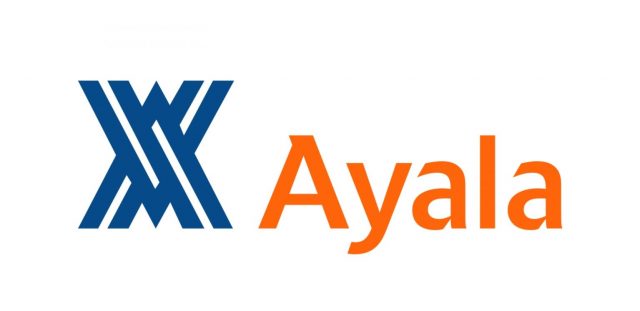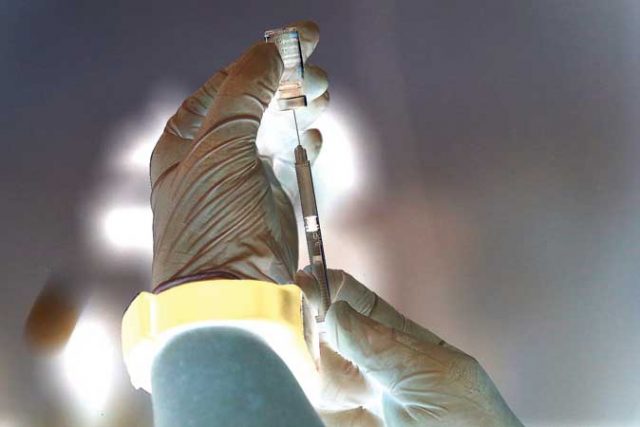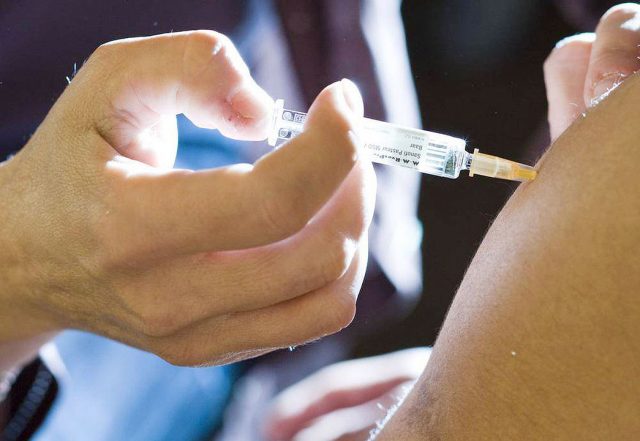DTI flags digital gap among businesses
A TRADE department official has flagged a potentially worsening digital gap among enterprises in the Philippines, pointing to the need for policies that address the divide.
Philippine firms that have adopted high-level technologies in their operations are usually large enterprises, exporters, and firms with foreign direct investment, Trade Undersecretary Rafaelita M. Aldaba said at a virtual event on Friday.
Most of these firms are also concentrated in Metro Manila, Central Luzon and CALABARZON (Cavite-Laguna-Batangas-Rizal-Quezon).
“I am highlighting this because this is something I think that we really should pay attention to, because if our policies won’t take these things into account — the adoption of these new technologies — (it) could lead to the worsening of the digital divide,” she said.
“It’s really important that policies and programs are conscious of all these current operating systems, current situation and conditions that our companies are faced with.”
She added that most companies that were able to adopt high-level technologies before the pandemic booked profits or minimized losses during the health crisis because of their existing digital systems.
Limited access to digital resources set back smaller exporters despite government policies that allowed the sector to continue operations throughout the pandemic, Philexport said in June.
Trade Secretary Ramon M. Lopez said at the same event that technologies most likely to be adopted by 2025 include cloud computing, big data analytics, Internet of Things (IoT), encryption and cyber-security, and artificial intelligence.
The Philippines fell to 18th in the list of top 50 digital nations from the Tholons Global Innovation Index in 2021 from fifth place in 2020 after a score slump in the indicator on talent pool available for re-skilling to serve cross industries in services, along with changes to the index parameters. — Jenina P. Ibañez












